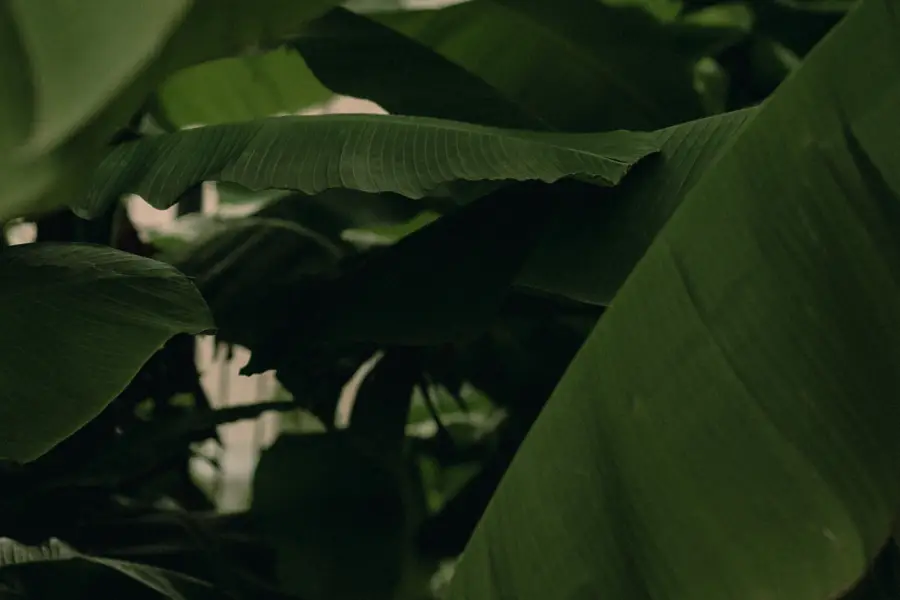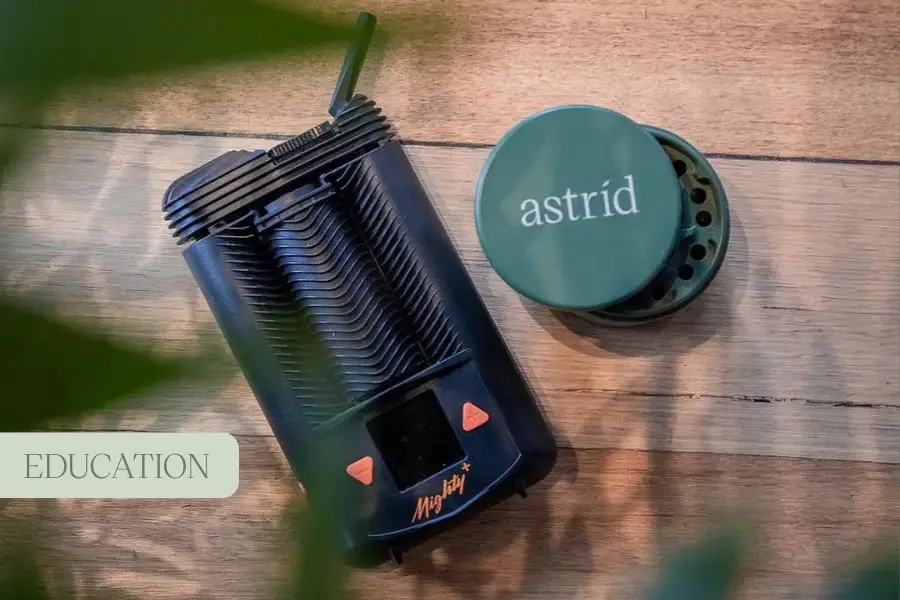What are the benefits and risks?
Both smoking and vaporisation are methods of inhaling natural-therapies medicine that involve heating of the flower to create a vapour which is then inhaled.
Heating the dried flower at high temperatures by combustion (smoking) or vaporisation results in a process called decarboxylation which transforms the inactive compounds into stable forms.
This process results in a rapid onset of action (usually within minutes), higher blood levels of active ingredients and a shorter duration of effect as compared to ingestion. Peak concentrations are reached within 30 minutes and the effects may last for two to four hours.
Decarboxylation can happen through vaporisation. Vaporising heats the plant matter at a lower temperature without burning it and releases the active ingredients and terpenes in the form of a vapour, which is then inhaled. The terpenes are responsible for the aroma characteristics of the plant.
Given the rapid onset of action, vaporising products might be more suitable for symptoms or conditions where rapid relief is required. The amounts of active ingredients by the vaporiser are dependent on the temperature, the duration of the vaporisation and the volume in the vaporiser.
When new to vaporising or making the change from smoking, starting with a low dose is important. Studies suggest that vapourising delivers a higher amount of active ingredients than smoking, which may increase the likelihood of adverse effects.
What are the benefits of vaporisation vs smoking?
Vaporising prescribed natural-therapies medicines has many benefits. As well as a reduction in exposure to toxins such as tar and carbon monoxide, it is associated with a reduction in respiratory symptoms such as cough, phlegm, and chest tightness and less wastage. Additionally, vapourisation of natural-therapies medicines produces less odour compared to smoking.
When is vaporisation not recommended?
Whilst vaporisation is considered safer than smoking, there are still risks associated with vaporising and inhaled forms of medicines are not recommended for anyone with known respiratory tract or lung conditions.

What temperatures are used to vaporise natural medicines?
Different active ingredients and terpenes are released at different temperatures. Many vaporiser devices give you control over the temperature at which the flower is heated. This can result in variations in therapeutic effects. Generally speaking, when vaporising at lower vs. higher temperatures a difference in therapeutic effects may be noticed.
Common practice is to start at lower temperatures and to increase or decrease slowly until optimal therapeutic effect.The ideal temperature may vary depending on the variety of the dried flower or depending on the situation and symptoms, for example some patients may choose lower temperatures during the day and higher temperatures in the evening. Some dried flowers will have a recommended vaporising temperature based on the properties of the flower that has been prescribed.
In summary, vaporising and smoking dried herbs are two methods of inhalation, both involving heating the flower to create a vapour. Vaporising offers similar rapid absorption, fewer toxins, and less odour, more active ingredients, making it a safer option than smoking, especially for those needing quick relief, but requires careful temperature control to optimise therapeutic effects and reduce the risk of adverse effects.
There are a variety of ARTG listed medical vaporisers available in Australia that our team of Pharmacists are happy to provide advice on. To learn more about natural therapies or ask any questions, please contact our team on (03) 9077 2446 or hello@astrid.health, or visit one of our dispensaries.
